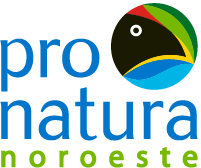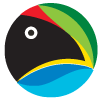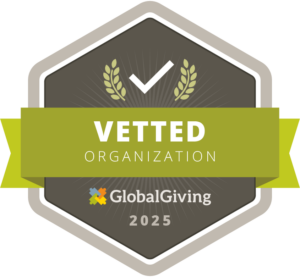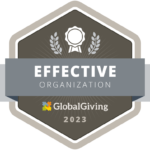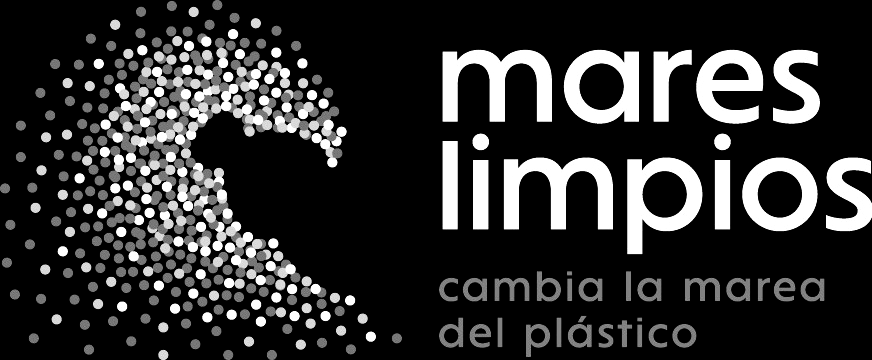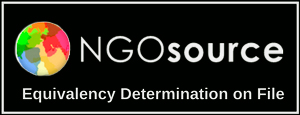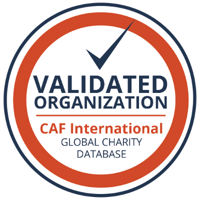With funding from the Canada Fund for Local Initiatives,
fishermen from 12 cooperatives in San Felipe and
personnel from four government institutions receive
training for this purpose
With the aim of changing the sustainable fishing model in San Felipe, Baja
California, Pronatura Noroeste leads the project of co-management and self-regulation of croaker and shrimp fisheries, which is financed by the Canada Fund for Local Initiatives, among other investors.
This initiative promotes the training of members of cooperatives in the fishing
community, as well as personnel from four government institutions responsible for
regulating the activity.
According to Valeria Towns, Conservation director of Pronatura Noroeste, the co-
investment made by the Canada Fund is intended for local initiatives to strengthen
profitability processes for sustainable development, as well as for conservation, and
has an important gender perspective component.
“We are working mainly in the Upper Gulf of California to promote sustainable
fishing, because it is the natural, cultural and economic vocation of this region and
these communities,” she said.
The Anthropologic Research & Solutions Network (Arcadia Red Ecosocial) also participates in this sustainable fishing project with the development of strategies to involve people of the communities.
Victor Ricárdez, a member of Arcadia, explained that communities such as San
Felipe and Golfo de Santa Clara, located in the Upper Gulf, were founded from the
totoaba fishery, therefore, fishing activity has been a driving force for the
development of these and other fishing villages on the coasts of this region.
However, the problem of the vaquita has escalated in recent years, so promoting
self-regulation is key to contributing to fisheries management and conserving this critically endangered species.
Building a sustainable future with fishing, innovation and responsible governance
As part of this project, workshops were held with the participation of fishermen,
authorities and representatives of civil society organizations, in which barriers for the
adoption of alternative fishing gear were identified, as well as regulatory, technical,
environmental, economic and social problems.
For each barrier, were discussed possible solutions addressing fisheries
governance, innovation in fishing gear and methods, increasing the added value of
fishery products, and the conservation and monitoring of the marine environment.
Canada Fund supports fisheries traceability; progress and next steps in the region
During the first days of November 2024, Pronatura Noroeste was visited by Justine Bell and Susan Pereverzoff, Manager and Minister Counselor of the Canada Fund for Local Initiatives, respectively, to whom they explained the progress of this project,
as well as the context in which the fishermen work.
The meeting was held in Tijuana, at the Innato restaurant, of chef Jesús Vázquez, where they were also shown the result of the implementation process of the traceability project, from the fisherman’s departure, the capture of the product and its handling until they arrived at the establishment where they were able to taste it.
Now, the next step is through the training workshops with the aim of helping
fishermen to build a conduct code, as part of the self-regulation of fishing activity, to
which all organizations must attach for the good management of the croaker and blue shrimp.
Subsequently, other workshops will be held with four government institutions, to raise awareness among field staff about the importance of the agreements of the organizations themselves and the need for them to have institutional support.
In Pronatura Noroeste we promote the self-regulation of the Upper Gulf of California
with the support of donors and partners:
- Alumbra Innovations Foundation
- Comercializadora El Sargazo
- Comisión Nacional de Áreas Protegidas
- Consejo Mexicano de Promoción de los Productos Pesqueros y Agrícolas
- Fondo Canadá para Iniciativas Locales
- Food and Agriculture Organization of the United Nations
- International Conservation Fund of Canada
- Monitoreo Administrativo Regional de Especies Marinas
- National Oceanic and Atmospheric Administration
- Oceans 5
- Pesca ABC
- Re:Wild
- Cetacean Action Treasury
- Reserva de la Biósfera Alto Golfo de California y Delta del Río Colorado
- Secretaría de Medio Ambiente y Recursos Naturales
Translated by: Kimberly Alcaraz
